
why cultural intelligence (CQ)
Expanding or entering (a) new market(s), mitigating cultural diversity and language barriers, managing global teams, adapting marketing strategies, understanding local needs and audiences as well as brand (in)consistency are some of the most common and debilitating barriers to internationalisation.
Yet, those are often overlooked in the due diligence process.
what’s in it for you
by leveraging cultural intelligence to support your internationalisation plans, you will:

increase market penetration
and identify the best growth markets for your business

enhance long-term global brand trust and equity

improve decision making,
grow and nurture collaborative teams

exceed your sales and profitability targets as well as your market share

improve customer satisfaction

propel innovation, expand and diversify your business activity

to maximise impact
consider cultural intelligence throughout business touchpoints:
empower your teams
at a leadership, operations and delivery level

optimise key business unit running
and performance
from strategy, ESG, innovation, marketing, operations
and go-to-market

rethink your WOWs
globally, regionally and locally

what clients say

they trust us



